
The theme raised for the celebration of International Day of Persons with Disabilities on 3 December 2022 is Meaningful Participation Towards Sustainable Inclusive Development. This was a very encouraging theme as the practice of meaningful participation in daily life remains a challenge. Since Indonesia ratified the Convention On The Rights Of Persons with Disabilities (through Law. No. 16 of 2011), persons with disabilities were still fighting for their rights. Among those struggling is Mujiyana, a person with a disability from Gunungkidul who is still struggling to echo the message of meaningful participation in his community.
Mujiyana founded the Mitra Mandiri Disability Empowerment Group (KPD Mitra Mandiri) in Kedungpoh Village in 2015 not long after he had joined Mitra Sejahtera Disability Empowerment Centre (PPD Mitra Sejahtera) in 2012. PPD Mitra Sejahtera was the first organization of persons with disability in Nglipar Sub-district to act as an initiator for disability groups in Gunungkidul District. KPD Mitra Mandiri was founded to address the struggles faced by people with disabilities as beneficiaries who are being preoccupied with this condition, as witnessed by Mujiyana. The pre-existing challenges have made people with disabilities, who have the potential to be empowered, become dependent on the help of others.
KPD Mitra Mandiri manages a monthly meeting which is held every 26th of the month. The agenda discussed at the meeting includes evaluation and reporting of livelihood activities carried out, such as collective animal husbandry of goat, chicken, and catfish farming and the business of making doormats from patchwork. Animal husbandry was considered practical because it was quite easy to do for members with various types of disabilities, as it did not require a big amount of capital and had a small chance of failure/loss. Even though the results were simple, economic activities that were driven by group capital fostered the confidence of people with disabilities.
Another struggle faced by persons with disability was on the disaggregated data collection. Disaggregated data collection on people with disabilities was last carried out in 2016 and since then the data in the village information system has never been updated. If the data available in the village information system is inaccurate, then people with disabilities are at risk of not getting their rights. For example, people with disabilities must be registered in the database to be able to access assistive devices through the Jamkesus (Jaminan Kesehatan Khusus) or special health insurance program. Therefore, KPD Mitra Mandiri began to register the names of unregistered people with disabilities.
In their regular activity, monthly meetings were conveyed with sharing sessions from community leaders and figures including the village chief and Kamituwa (elements of the regional task force who is tasked with assisting the Village chief in carrying out social and community engagement) their roles as structural companion not only to provide constructive input but also inspiration.
Welfare and equality are human rights. For a long time, the needs of people with disabilities were neglected and unrecognized. However, KPD Mitra Mandiri was present to ask their government to address and fulfill the rights of people with disabilities by including them in the available forums or conducting a community-centered-approach. For example, they were voicing out the need for accessible toilet facilities for people with disabilities in the public space. As a result, the Kedungpoh Village government built accessible toilets in 2016 in their village office and hall.
Up to this point, KPD Mitra Mandiri was invited to the Musrenbang (Development Planning Meeting). Representatives became part of the Musrenbang recommendation drafter team. However, being invited to the Musrenbang and being part of the drafting team did not mean that their proposal was approved by the participants. Participants in Musrenbang still prefer to use their voting rights to prioritize physical development rather than allocating resources for capacity building and investment to groups with disabilities.
Even though there were already representatives from disability groups in village forums, it seems that there was a risk posed because not many representatives are willing to be actively involved because they feel they do not have sufficient capacity. This was understood because many of them do not get formal education due to discrimination and limited financial capacity. Thus, KPD Mitra Mandiri conducted regeneration by mentoring, involving different representatives at the meeting, as well as restructuring the organization chair and committee every 3 years.
In terms of disaster, Mujiyana argued that the capacity of people with disability has not been touched and explored. People with disabilities with various conditions become more vulnerable during disasters because their limited knowledge of risks and the practice of how to save themselves during disasters are rarely honed. Not only material losses, but people with disability were also the most vulnerable to experiencing psychological disorders due to experiencing anxiety/trauma due to the disaster.
According to Mujiyana, training by YEU about disaster risk and capacity mapping that includes persons with disabilities participation can be a catalyst for strengthening the capacity of people with disabilities in dealing with disaster risk. Village governments and people with disability organizations in the region must have a shared understanding and goals toward empowering people with disability, they have the resources and enabling environment to accomplish their aim. In this endeavor, Mujiyana manifests that meaningful participation will become a real paradigm and not an eternal tagline.
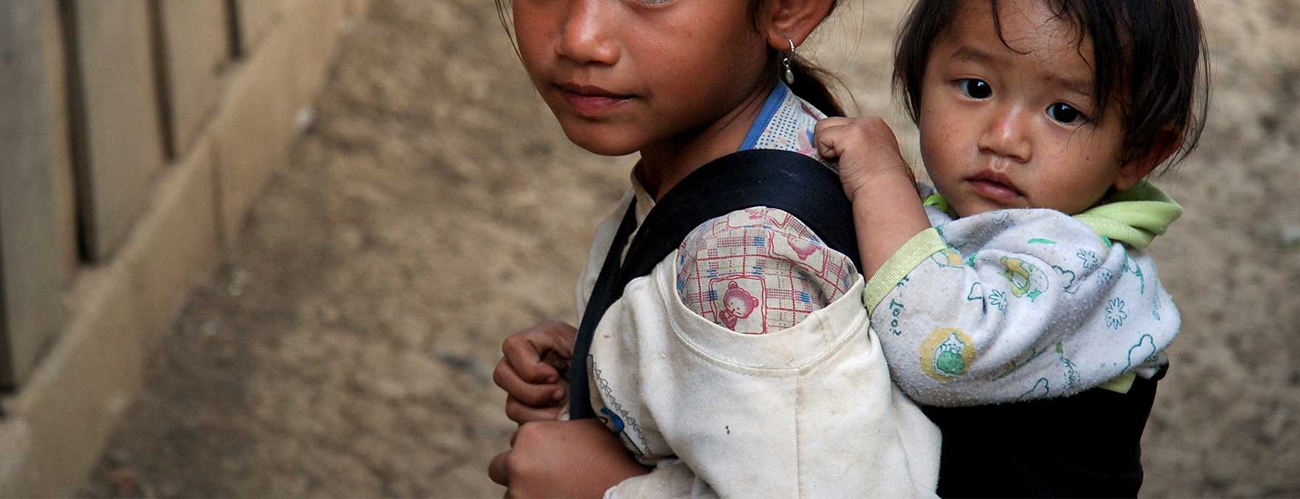
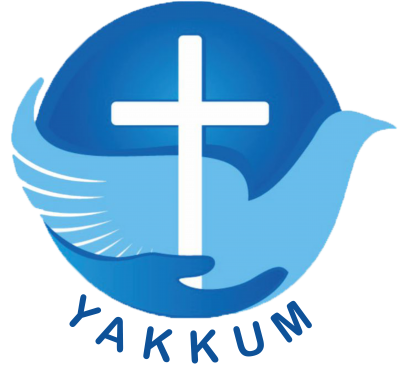
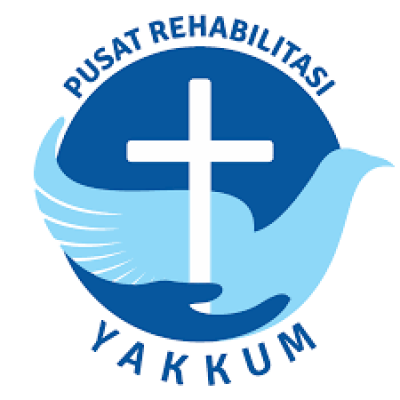

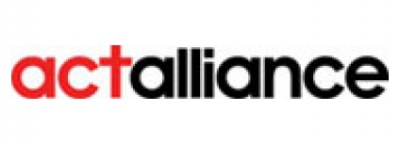
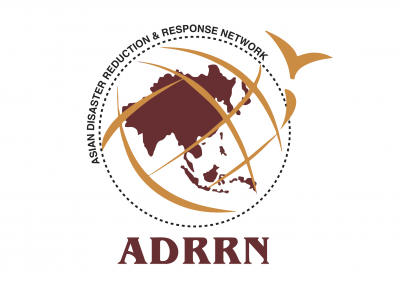
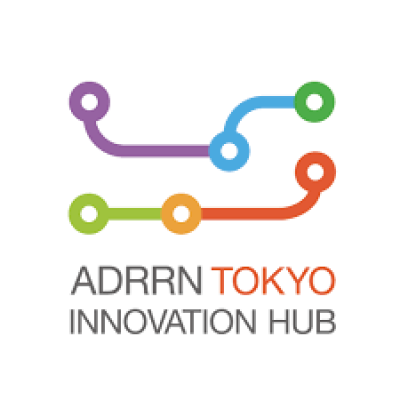




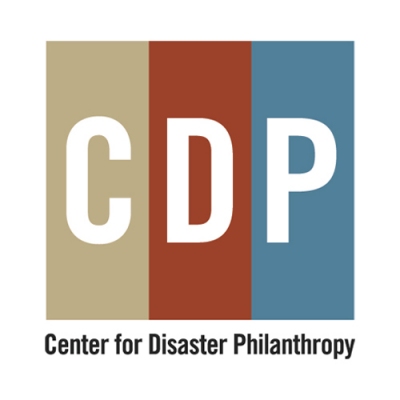
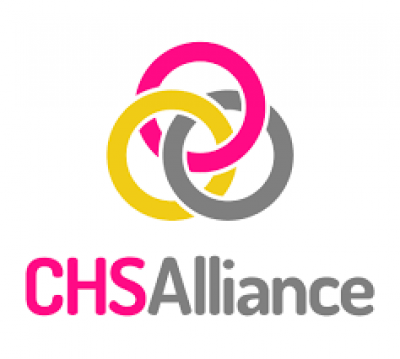

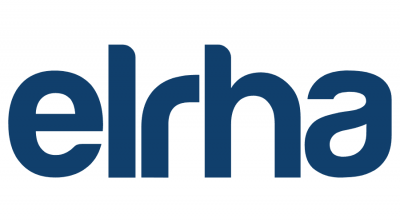
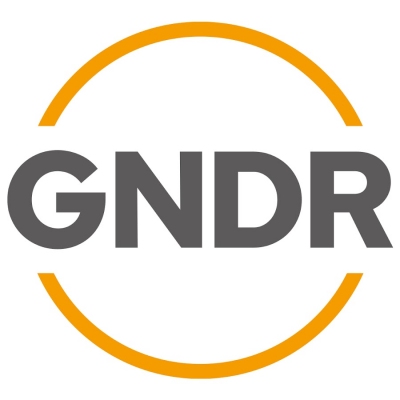
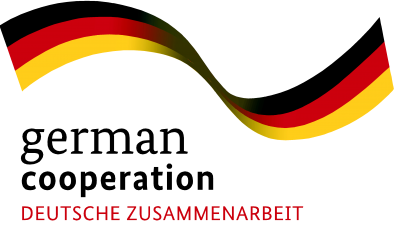
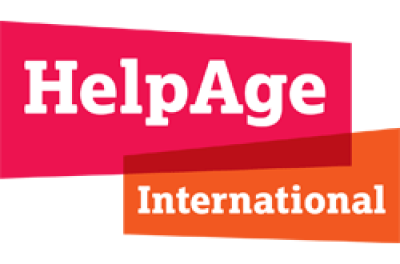






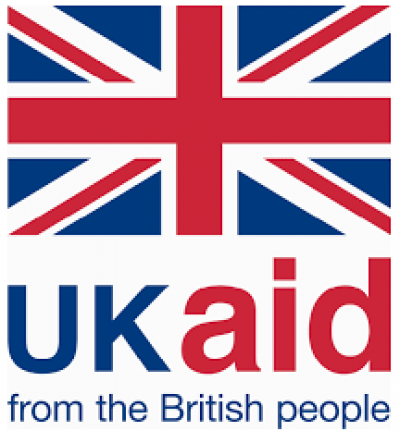

Social Media
@yakkumemergency
yakkumemergency